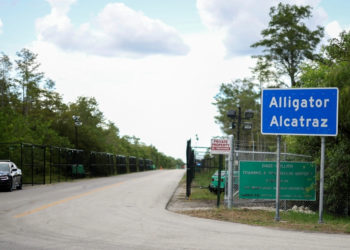Times Insider explains who we are and what we do, and delivers behind-the-scenes insights into how our journalism comes together.
It sounded like something out of a spy novel rather than a tip about New York politics. Yet credible sources kept telling us that China is pushing its agenda into American democracy by screening candidates, targeting lawmakers and throwing its weight around in New York elections.
We know from the U.S. government and extensive news reports that China and its intermediaries have made some aggressive moves on American soil, from hacking into cellphone networks to setting up an illegal police station — used to harass Chinese dissidents — above a noodle house in Manhattan’s Chinatown.
Still, we stepped into this reporting gingerly. After all, writing about Chinese influence in the United States can be dicey. It’s all too easy to slip into what we call “reds under the bed” reporting: assuming that contact with people associated with the Leninist government of America’s most powerful adversary implies wrongdoing. It usually doesn’t.
We must also be wary of taking the statements of sometimes overzealous prosecutors at face value, a painful lesson learned a quarter-century ago in the case of the nuclear scientist Wen Ho Lee.
The deeper we dug, though, the more evidence we found that China’s influence on its huge diaspora in New York City was creating an environment where ethnic Chinese candidates — from City Council hopefuls to candidates for Congress — who didn’t toe Beijing’s line confronted long odds to win or even hold on to their elected office.
The post Inside Our Investigation of China’s Influence Campaigns appeared first on New York Times.




